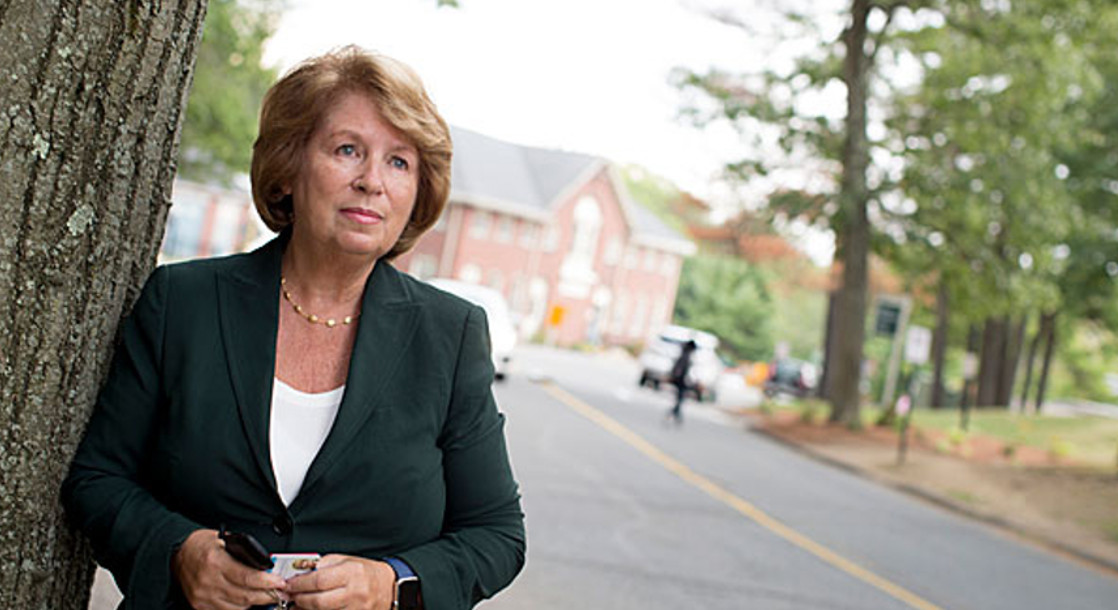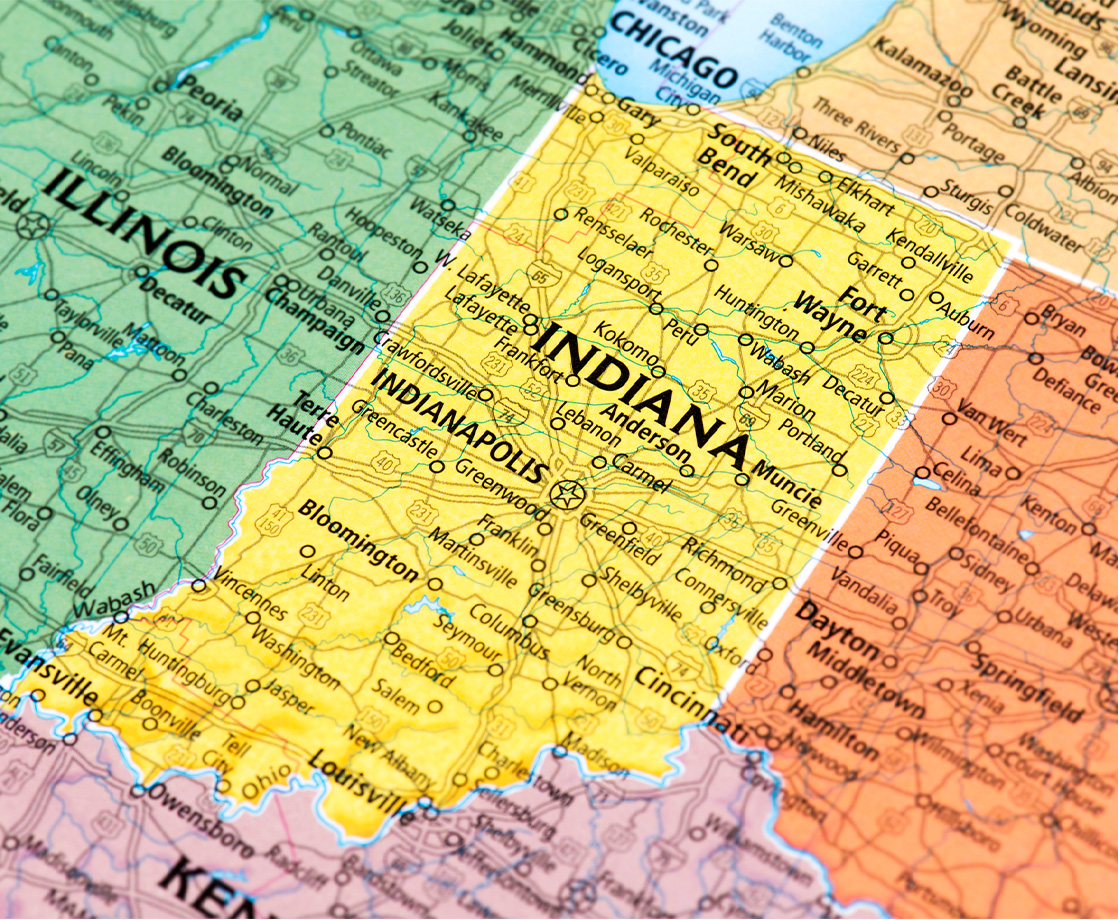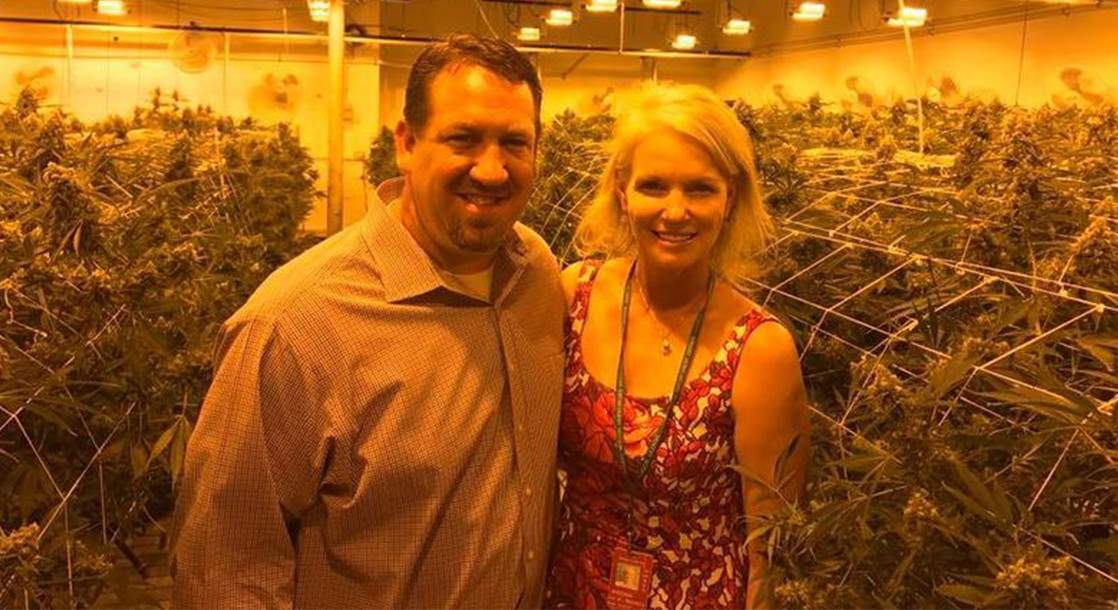On Monday, Bertha Madras, a professor of psychobiology at Harvard Medical School and part of Trump’s newly formed “Commission on Combating Drug Addiction and the Opioid Crisis," told a crowd in Wyoming that all of the horrors associated with opioids and prescription painkillers are very similar to what the government predicts will happen with respect to marijuana.
“The lessons that we have learned from opioids are directly applicable or generalizable to marijuana,” she said at a “marijuana education” event, reports the Associated Press.
Dr. Madras, who opposes the legalization of marijuana, even for medicinal use, believes the United States will someday see an epidemic related to the use of legal cannabis. She told the audience that very little was known about opioids at the time when doctors began prescribing them to every patient who walked into their office complaining of a little pain. Now, millions of people are addicted to these types of medications. It for this reason that she wants to encourage lawmakers to err on the side of caution when it comes to the legalization of marijuana. If not, she said, one day the nation we will be trying to figure out how to curb marijuana addiction – but by then, it will be too late.
“Our drug policy needs to be driven by our core values and rooted in science,” she said.
However, Dr. Madras’ latest anti-pot comments should come as no surprise.
Last year, at a debate in Washington D.C., she argued, “Just because a plant is old and was used as medicine in ancient times doesn’t mean it’s a currently effective medicine.” She went on to add that, “we do not have evidence that it’s effective [or] safe.”
In an opinion piece published last year in the Washington Post entitled “5 Reasons Marijuana Is Not Medicine,” Madras said that more people are addicted to marijuana than any other illicit substance. She argued that dispensary weed does not have the proper controls to be considered medicine, and that there is far from enough support from the medical community to even begin to vaguely suggest that cannabis comes with therapeutic benefits.
“Marijuana fails to meet any of these five criteria for accepted medical use in the United States. At present, it belongs in Schedule I,” she wrote.
Although we may have gotten used to government agencies and their various tasks forces standing up against the idea that marijuana should be made legal all over the nation, the opinions of Dr. Madras could potentially threaten statewide legalization efforts, as she is now feeding all of he “medical expertise” on cannabis and its supposed connection to the opioid epidemic to President Trump. And since part of her job is to “make recommendations to the President for improving the Federal response to drug addiction and the opioid crisis,” there could easily be some hardships on the horizon for the entire scope of the legal cannabis trade.
Rest assured, U.S. Attorney General Jeff Sessions is just waiting for someone in the administration to give him a good excuse to revamp the current “hands off” policy and shut the door on cannabis nationwide.











